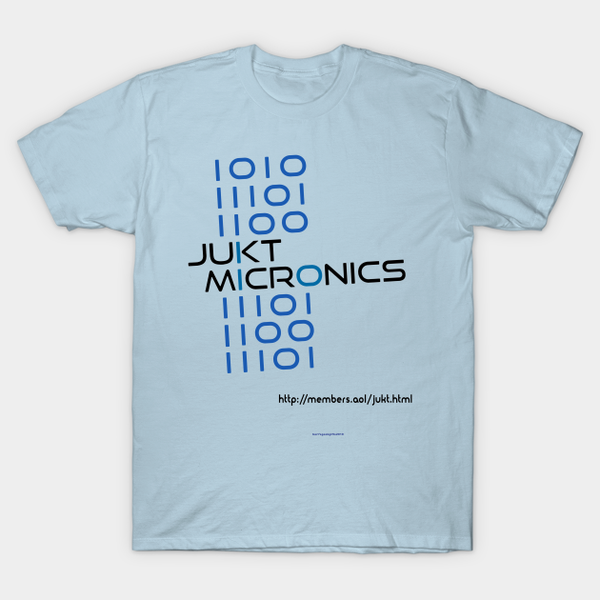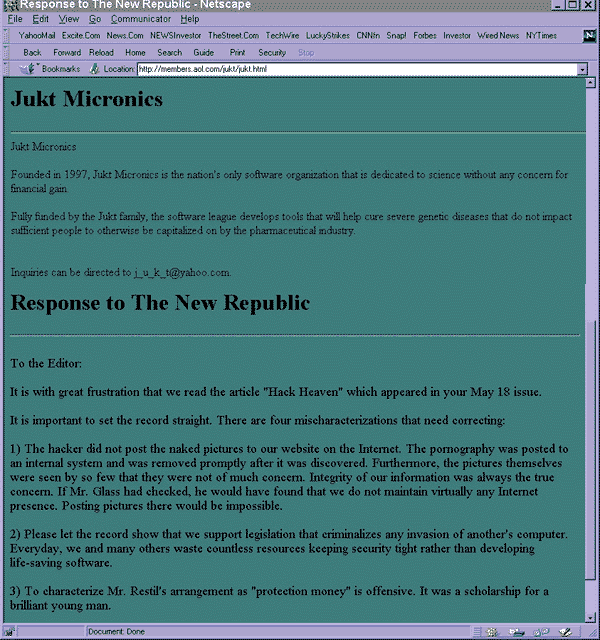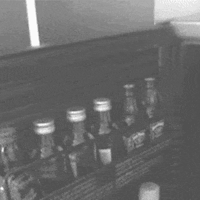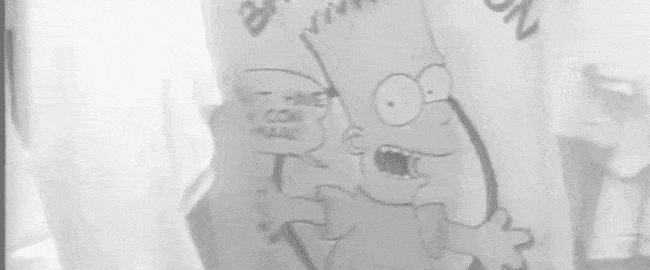
Loved this shirt so much when I got it. (via Teepublic)
Since my early 20s, I’ve had an obsession with T-shirts, of all sorts; they usually carry a sense of whimsicality to them. Often, I’m looking for shirts that fit a general theme: Irreverent, not offensive, touching on popular culture, making deep cuts.
Sometimes these shirts are intentionally tacky. Sometimes they’re incredibly bizarre.
I’ve had a few favorites from over the years that I like to think back on: A shirt featuring a DeLorean crashing into a TARDIS; a Super Mario Bros. 3-era Mario, wearing a Sonic suit (one of MANY Mario shirts I’ve owned over the years); an early map of the prehistoric world with the words “Reunite Pangea” (which I’m currently wearing); a drawing of a demonic Teddy Ruxpin saying, “Read or Die”; a drawing of Waldo reading a book titled “Find Yourself.” You can call it taste or lack thereof, but it’s what I wear.
My most recent addition to my collection is quickly becoming a favorite, because it’s not only a deep cut, it’s a journalistic deep cut. That shirt, full of 1s and 0s, promotes the technology company Jukt Micronics, a fake firm that became infamous because it was the made-up company that led to the downfall of Stephen Glass, the New Republic writer whose fast success was undercut by his journalistic fabulism. (If you’ve never seen Shattered Glass, I highly recommend it; one of my favorites and a strong case for Hayden Christensen as an actor outside of the Star Wars universe.)
Glass, at this point, has been out of the journalistic game for close to a quarter-century, and after some fits and starts, has found a second career as a legal researcher (he tried to become a lawyer, but the state of California wouldn’t let him).

The infamous Jukt Micronics website, which Glass reportedly created himself in an effort to cover his tracks. (via WNYC)
But in a provocative new story written by Duke University journalism professor Bill Adair (the founder of PolitiFact, a site that has defined fact-checking in the internet era) for the digital magazine and newsletter Air Mail, Glass is given the kind of redemption story that is very much worth reading. I won’t spoil the tale, other than to note that the story is one of the best you’ll read this year, the story of a man who has found peace with the limits of his second chances and the challenges along the way.
Speaking in broad strokes, Adair closely analyzes Glass’ relationship with the truth, and how it has shaped everything he has done since the fateful day a Forbes Digital journalist exposed his sourcing and storytelling failures for all to see.
That Adair, a journalist who has done more to encourage honesty and fact-checking in journalism than most, is the one to give Glass such an impressive second look says a lot. I wish Glass well as he continues to find fulfillment and growth in his life as a person, no matter the road blocks that may lay in front of him.
I’m specifically leaving out some key details in the story because they deserve to be read in the context of the larger piece. But I encourage you read them.
Glass’ tale is a part of pop culture at this point (one potentially worthy of a cinematic sequel titled Kintsugi), but I wonder to myself if I might need to retire my Jukt Micronics T-shirt. It’s an excellent deep cut and one of my favorite shirts in some time, but I almost feel like reading that article made me feel differently about it. (Still debating. What do you think?)
Either way, respect to someone who got their second act right.
Time limit given ⏲: 30 minutes
Time left on clock ⏲: 36 seconds



